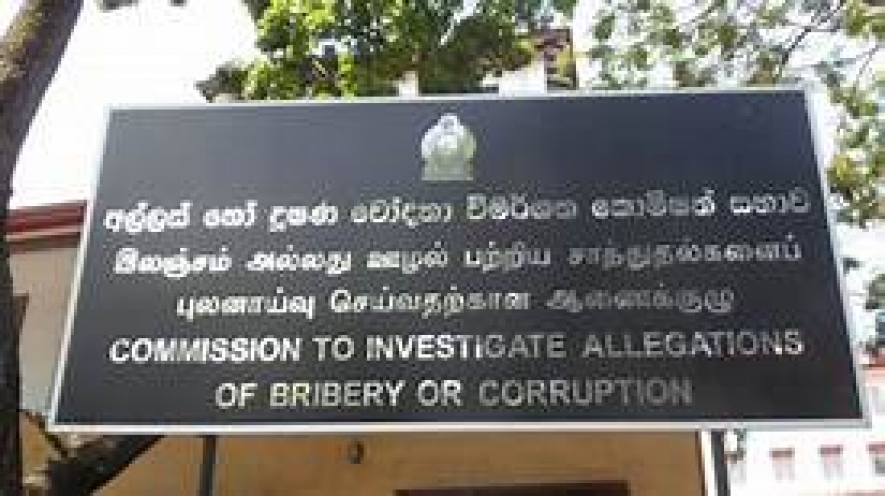DG Jayamanne expressed confidence that legal reforms including the new Bribery Act and Declaration of Assets and Liabilities Law, which were not revised for more than 25 years, would be completed before the end of this year. “Amendments to those laws are coming at a high speed,” he said. He said the new anti-graft law will include the private sector and foreign public officials significantly, broadening its scope. A “Foreign public official” means any person holding a legislative, administrative or judicial office of a foreign country, whether appointed or elected (including a local public entity in a foreign country).
According to the OECD Anti-Bribery Convention the offence of bribery of foreign public officials is committed when any person intentionally offers, promises or gives any undue pecuniary or other advantage to a foreign public official in order to obtain or retain business or other improper advantage in the conduct of international business.
The DG said the new Commission to Investigate Allegations of Bribery or Corruption (CIABOC) Act being drafted has also proposed provisions to enhance its institutional independence. “We want monitoring autonomy and our funds have to come from Parliament. We need the independence to recruit our own experts such as experts in accountancy, engineering, banking and bond transactions.” he added.
Jayamanne PC identified that the lack of human resources, low wages to its staff and lack of building space as challenges to the Commission. He said the new CIABOC Act will also include provisions to improve public sector integrity by strengthening the bribery and corruption prevention mechanism in them. “In many other countries the system is such that the Head of the Institution is responsible in implementing a mechanism to prevent bribery and corruption. We need a similar mechanism here,” he said.He said that an overall attitudinal change of the public and education are vital in combating bribery and corruption which are deep rooted in the country.



















